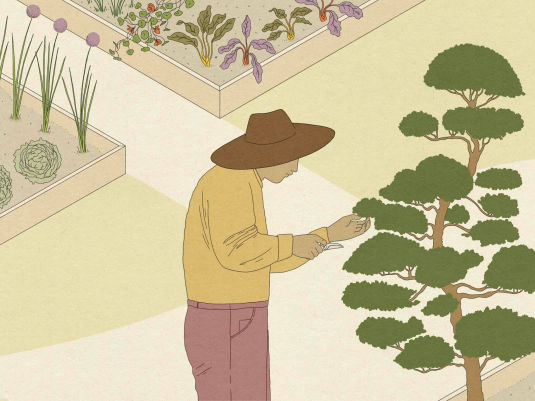
Senior Aging & Health
From keeping up with friends and maintaining a healthy diet to preparing for emergencies and having a positive outlook, living well in older age requires a little extra support.
Top Senior Aging & Health Articles
Explore Senior Aging & Health Articles

Not sure where to start?
There’s a lot to learn when you become a caregiver, and you may be wondering where to start. Fortunately, many of the experiences you’ll encounter are common, and we've pulled together resources to help you along your journey.
